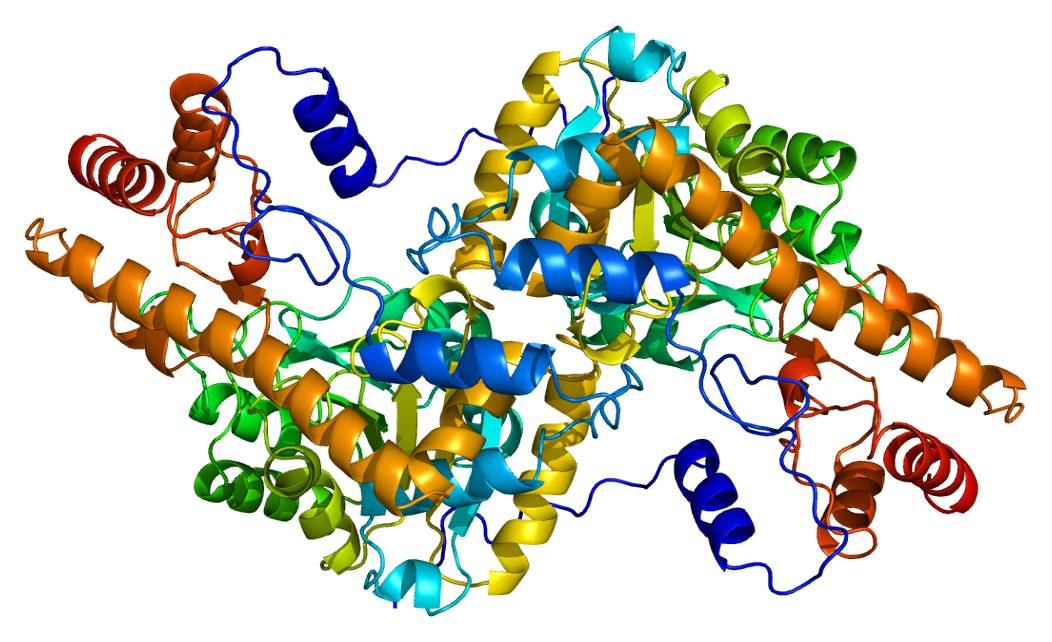Strategies to Ameliorate Mitochondrial Dysfunction in Disease
Identification of GOT1 as an essential enzyme in survival of proliferating cells with ETC dysfunction yields new therapeutic target

Background
The mitochondrial electron transport chain (ETC) is a massive complex that enables the mitochondria to synthesize approximately 34 molecules of ATP per molecule of glucose. A number of mitochondrial disorders have been found to be due to defective ETC. Cell proliferation requires a functional ETC and interestingly, it has long been observed that cells lacking a functional ETC can proliferate in the presence of high concentrations of pyruvate. Scientists at Whitehead Institute and the Massachusetts Institute of Technology have determined that the only essential function of the electron transport chain in proliferating cells is to biosynthesize aspartate. This observation supports the notion that proliferating cells adjust their metabolism to support macromolecular biosynthesis at the expense of ATP synthesis.
Technology Overview
Scientists at Whitehead used a CRISPR-Cas9 genetic screen to reveal that GOT1, a cytosolic aspartate aminotransferase, is essential for cells to survive ETC inhibition. Normally, GOT1 consumes aspartate to transfer electrons into the mitochondria, but upon ETC inhibition, it reverses to generate aspartate in the cytosol. Pyruvate stimulates aspartate synthesis in a GOT1-dependent fashion, which is required for pyruvate to rescue the proliferation of cells with ETC dysfunction. Aspartate supplementation or overexpression of an aspartate transporter allows cells without ETC activity to proliferate.
Further Details:
Cell. 2015 Jul 30; 162(3):540‑541
Applications
- Treatment of mitochondrial disorders or neurodegenerative disease with therapeutically effective amounts of aspartate or a prodrug of aspartate
- Treatment of proliferative diseases such as cancer with inhibitors of aspartate aminotransferase GOT1